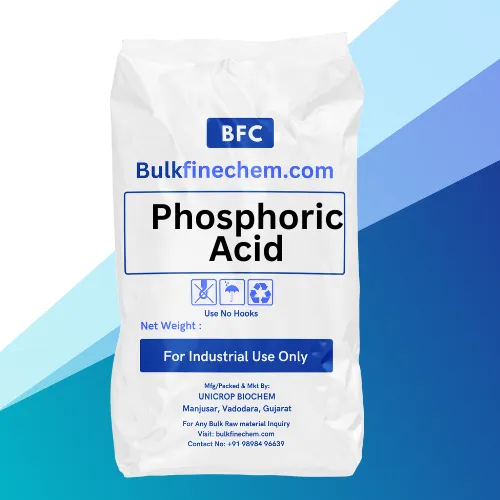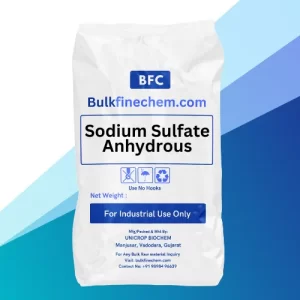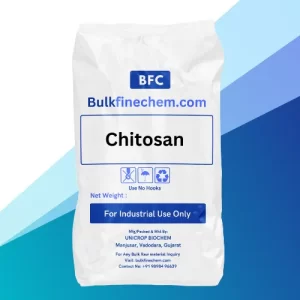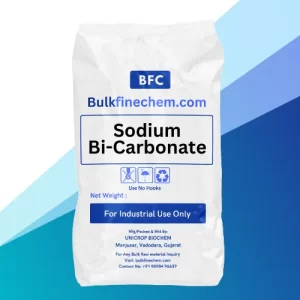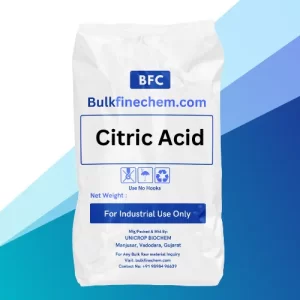Phosphoric Acid
Phosphoric acid is a versatile compound with widespread applications. In agriculture, it’s a key ingredient in fertilizers, promoting robust plant growth. It’s used to adjust soil pH, enhance hydroponic nutrient solutions, and prevent corrosion in irrigation systems. Beyond agriculture, it’s employed in the food industry, metal cleaning, rust removal, and water treatment. Its multifaceted utility underscores its significance in diverse industrial and agricultural contexts.
Uses of phosphoric acid
- phosphoric acid is a key component in the manufacture of phosphate fertilizers.
- It is used to produce both monoammonium phosphate (MAP) and diammonium phosphate (DAP).
- These fertilizers provide plants with the essential phosphorus they need for healthy root development, flowering, and fruiting.
Benefits of phosphoric acid
- It serves as a valuable source of phosphorus, an essential nutrient vital for plant growth, root development, and reproductive processes.
- It promoting early root development in starter fertilizers, and as a corrosion inhibitor to protect irrigation equipment.
- This adaptability and effectiveness make It powder a valuable tool for enhancing crop yields and ensuring optimal nutrient management in agricultural practices.
Application
Phosphoric acid finds diverse applications across multiple industries, including agriculture, where it serves as a vital component of phosphate fertilizers, fostering healthy plant growth and improved crop yields. It is used for pH adjustment in soil, ensuring optimal conditions for plant growth, as well as in hydroponics and fertigation systems to fine-tune nutrient solutions. Additionally, It plays a crucial role in corrosion prevention for irrigation equipment. In the food and beverage industry, it acts as an acidulant in carbonated beverages and processed foods.

